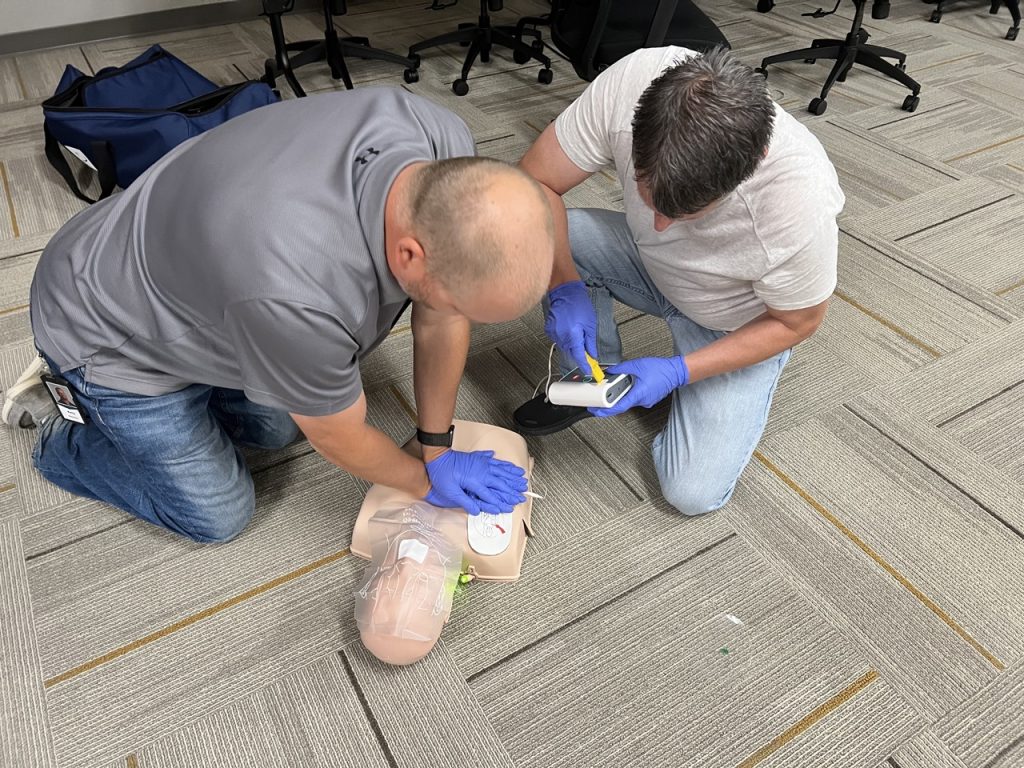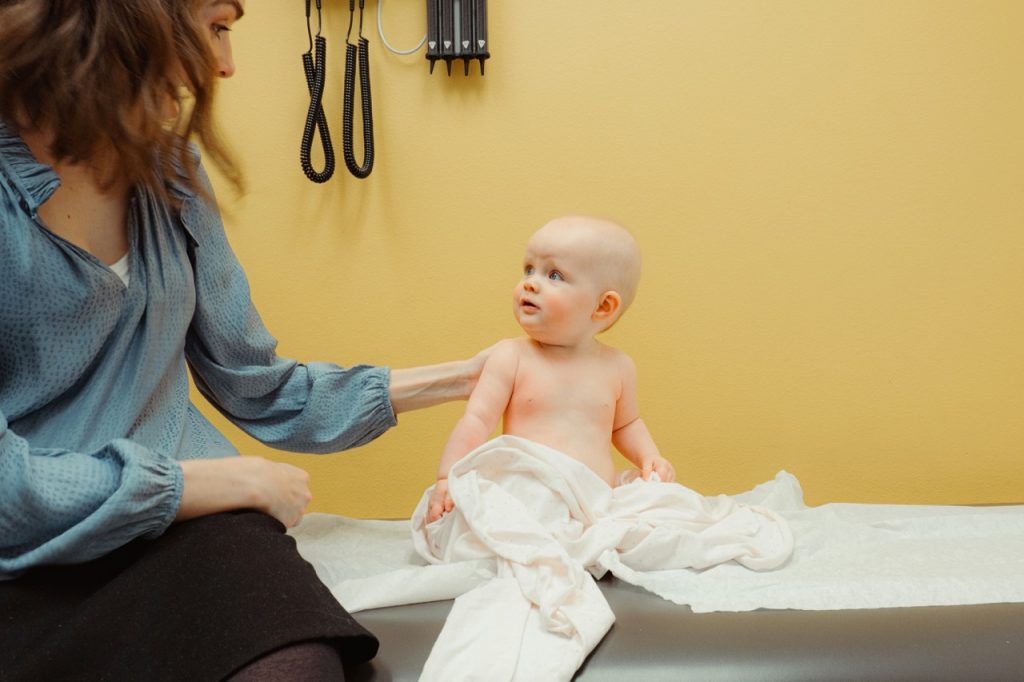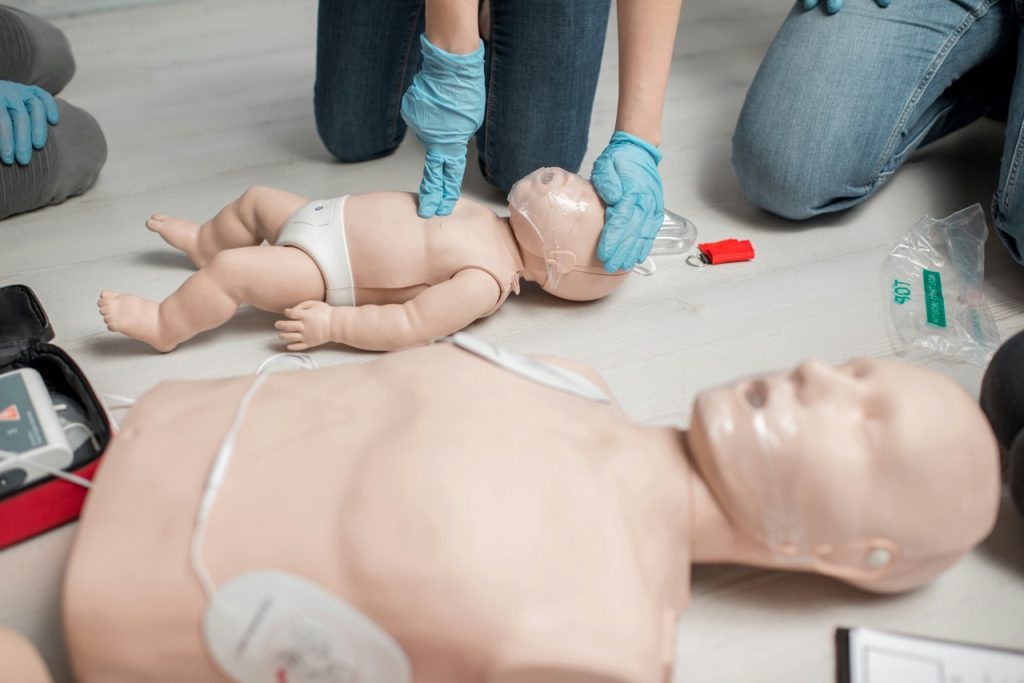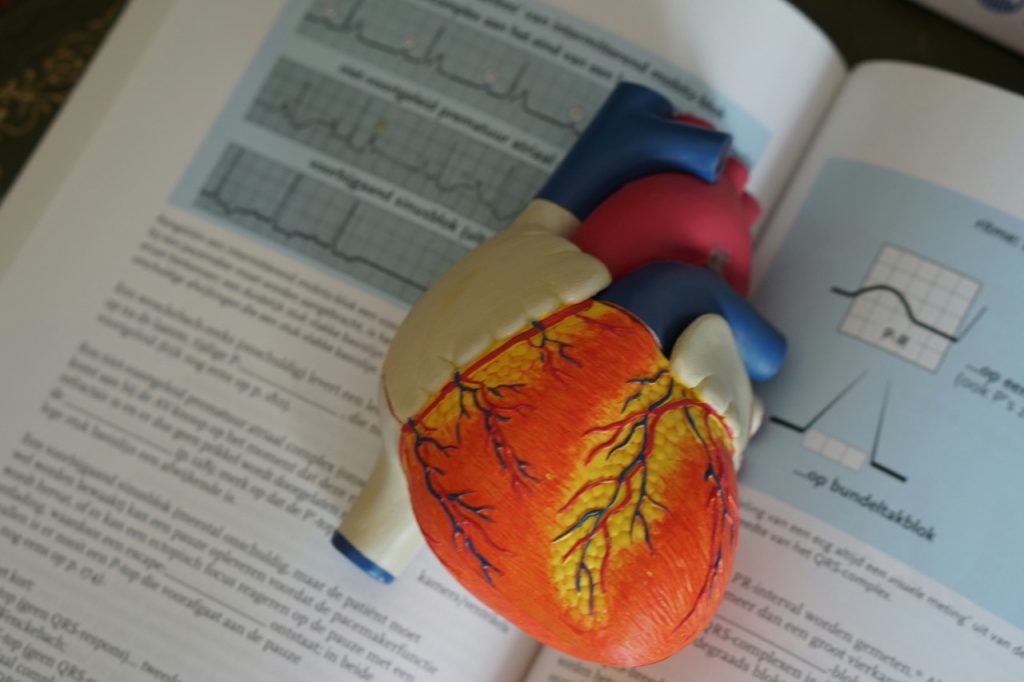With heart disease on the rise, keeping your heart healthy has never been more important. Physical activity and regular exercise are some of the most effective ways to promote an overall healthy lifestyle and heart health. In this blog, we’ll highlight 9 simple yet powerful exercises you can start today to keep your heart in tip-top shape and keep your body functioning optimally.

Why a Heart Health is Important
Maintaining a healthy heart is essential for overall health for many reasons.
Some of the many possible benefits include:
- Higher energy levels
- Improved physical fitness
- Lower risk of heart disease, including heart attacks and strokes
- Better aging and quality of life
- A prolonged lifespan
Best Exercises for a Healthy Heart
1. Walking
Walking is one of the most accessible forms of exercise and is an excellent way to get your heart rate up, improve cardiovascular fitness and promote a healthy heart. In fact, according to a study by the British Journal of Sports Medicine, getting 9,000 to 10,000 steps per day can lower the risk of developing cardiovascular disease by 21%.
Related:
How to Start a Walking Routine
Upping Your Step Count May Increase Your Lifespan
2. Yoga
Yoga can be a great exercise option for heart health. A slower yoga practice can help improve flexibility and reduce stress, whereas styles like Vinyasa or Power Yoga can elevate the heart rate and improve circulation, both leading to improved heart health.
3. Swimming
Swimming is an excellent way to dive into physical activity. It’s gentle on the joints and accessible to many, making it a perfect choice for those who might find more intense exercises challenging. In fact, a study found that “cardiovascular disease mortality risk was 41% lower in those who reported participating in swimming” than those who reported participating in no sports.
4. HIIT
High-intensity interval training, or HIIT, consists of short bursts of fast-paced exercises that quickly get your body into a fat-burning state. This is ideal for a healthy heart because the rapid increase and decrease in heart rate can strengthen your heart and improve circulation.
5. Kickboxing
This fun and energy-filled workout will increase your heart rate and help boost endurance. The blend of punching, kicking, and intense movements not only helps reduce stress levels but also builds strength and stamina, leading to a healthy heart.
6. Circuit Training
Circuit training is another ideal activity for heart health because you perform a series of exercises one after another, combining strength-based exercises with a mix of cardio which elevates your heart rate, builds muscle and improves endurance.
7. Pickleball
Pickleball is a fast-paced game that combines elements of tennis, badminton, and table tennis. This sport has rapidly grown in popularity as it’s easy to learn and a good way to get a fun, full-body workout while improving your reflexes and cardiovascular health.
8. Cycling
Cycling is another popular exercise that can improve cardiovascular health. You can ride outside and enjoy the great outdoors or train inside on a stationary bike. This low-impact exercise helps to strengthen muscles, improve endurance, and can be adapted to any fitness level.
9. Dancing
Whether it’s a night on the town or a Zumba class at the gym, dancing is a fantastic way to promote a healthy heart. Whole body movement, increased heart rate and positive energy all contribute to a healthy body.
Partaking in one or more of these exercises is a great way to promote a healthy lifestyle and heart health. Another great way to protect the hearts of those around you is by being prepared for emergencies with the life-saving skills of CPR. You never know when a medical situation could arise where you could save a life. Register today for an online or in person session and gain the skills and confidence to respond effectively and keep a nearby heart beating strong when it matters most.
HeartCert is your trusted training partner for CPR, ACLS, PALS, EMR, First Aid, CNA, IV, EKG and more, throughout the United States.
Courses include CPR/AED/First Aid, Basic Life Support (BLS), Advanced Cardiac Life Support (ACLS), Pediatric Advanced Life Support (PALS), Certified Nursing Assistant training, IV training, EKG training, babysitter basics and more. Courses and certifications from both the American Heart Association and American Red Cross are available.We offer virtual courses and certifications, in all 50 states as well as in-person classes at our headquarters, HeartCert CPR Eagan and major cities in Iowa, Illinois, Georgia, Michigan, Minnesota, Mississippi, Nebraska, Pennsylvania, Texas and Wisconsin.





















